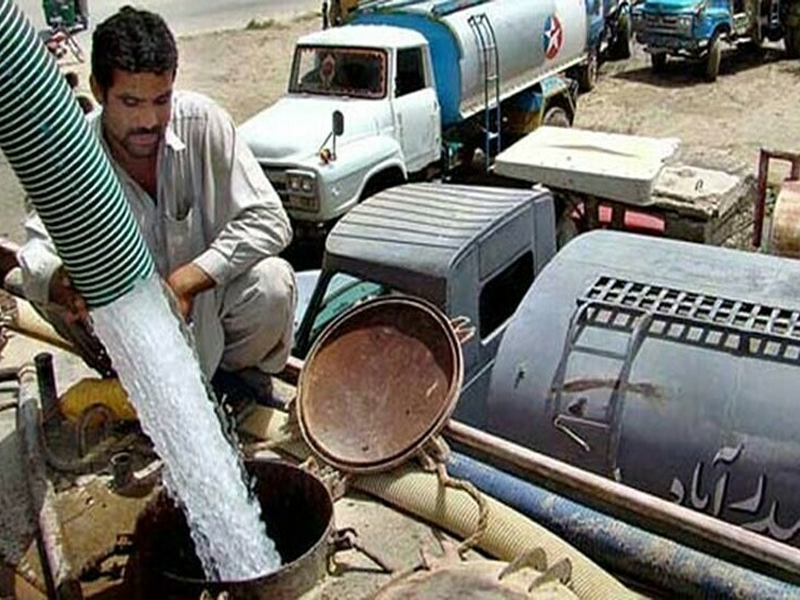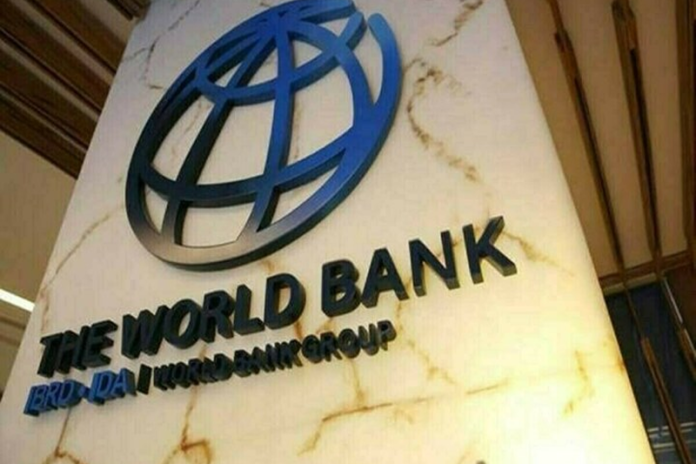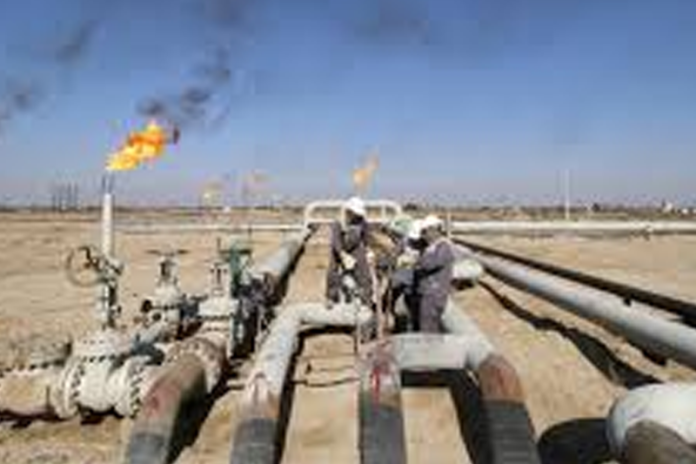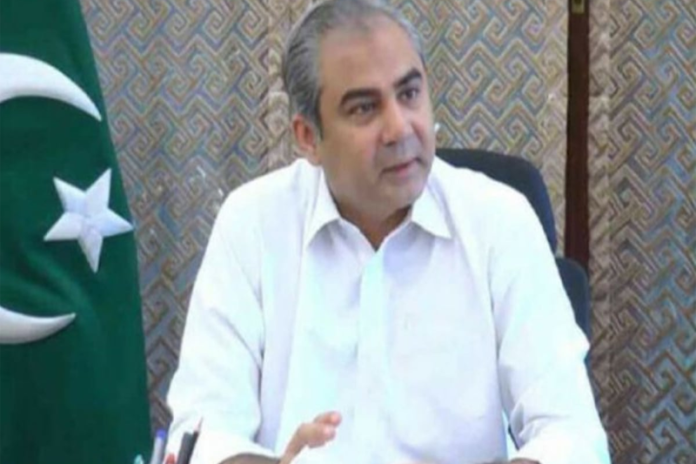Pakistan's Water Crisis: 'Causes, Consequences, and Solutions'

- 184
- 0
By Maryam Ahmed
The water crisis in Pakistan is a serious problem that threatens the nation's environment, public health, and economy.
The causes of this issue are both natural and man-made, and they have far-reaching effects. This is a thorough examination of the reasons, effects, and possible fixes Pakistan's Water Crisis: Factors Contributing to Population Growth and Urbanization The population of Pakistan has been expanding quickly, which has raised water consumption. This issue has been made worse by urbanization since cities need large amounts of water for industrial, sanitary, and drinking purposes.
Farming Methods: About 90% of the water used in Pakistan is used for agriculture, making it the country's biggest user. But ineffective irrigation techniques, like flood irrigation, waste a lot of water. The strain on water supplies is further increased by the cultivation of crops that require a lot of water, such as rice and sugarcane. Changes in Climate: Unpredictable weather patterns brought about by climate change include less rainfall and more frequent droughts. The largest source of water for Pakistan, the Indus River system, is being affected by the unpredictable melting of glaciers in the Himalayas, which also feeds into Pakistan's rivers. Ineffective Water Management Pakistan's irrigation and water infrastructure, especially its dams, is dilapidated and badly maintained. Inadequate water governance and planning also contribute to the wasteful distribution and utilization of water resources. Issues with Transboundary Waters: The Indus River travels through India before entering Pakistan, and it is vital to Pakistan's water supply. Tensions between the two nations have increased due to disputes over water sharing, particularly with the development of dams on the Indian side, which Pakistan thinks may cut off its water supply. Disturbances: Water bodies have been contaminated by untreated sewage, industrial waste, and agricultural runoff. This puts the public's health at serious danger in addition to lowering the supply of clean water. Resulting From the Water Crisis A decline in agriculture Pakistan's food security is under jeopardy due to decreased agricultural output brought on by water constraint. This is especially troubling because agriculture accounts for a large portion of the nation's GDP and provides a living for a large number of people. Economic Repercussions: Textiles, a significant export market for Pakistan, is one of the businesses that is badly impacted by the water problem. The national economy is also strained by the expense of water scarcities, the requirement for water treatment, and the expansion of infrastructure.
Health Concerns: Waterborne illnesses including dysentery, cholera, and diarrhea are brought on by contaminated water. Millions of people, especially in rural regions, struggle to get clean drinking water, which raises death rates, particularly for young children. Unrest in Society: Conflicts over water resources can arise as a result of water scarcity on both a local and national level. Tensions between various towns, regions, and even nations can worsen due to competition over water resources. Environmental Deterioration: These resources are being depleted as a result of excessive water extraction from rivers and aquifers. Furthermore, ecosystems are impacted by decreased water flow, which results in a decline in biodiversity, especially in wetlands and riverine habitats. Resolving Pakistan's Water Crisis: Conserving Water and Using It Effectively: Water waste can be greatly decreased in agriculture by promoting watersaving practices like drip irrigation. Promoting the growth of fewer waterintensive crops can also aid in the more sustainable management of water resources. Development of Infrastructure: It is imperative to invest in updating and extending the water infrastructure, including constructing new dams, repairing old ones, and enhancing irrigation systems. Enhancing the water Better Governance of Water Resources: It is imperative to have a complete policy for water management that encompasses unambiguous legislation, optimal allocation, and appropriate oversight of water consumption. Water governance could be improved by creating a central water authority that acts as a coordinator between various sectors and areas. Public Education and Awareness: It is essential to educate the population about the value of water conservation. Community initiatives and educational campaigns can support water-wise behaviors and decrease water waste. Cross-border Collaboration: It's critical to step up diplomatic efforts to settle water problems with neighbors, especially India. In order to promote equitable distribution of water resources and reduce tensions, collaborative agreements on water sharing that are based on sustainability and mutual benefits are recommended. Control of Pollution: Water quality must be preserved by enforcing stronger laws governing industrial discharge, encouraging wastewater treatment, and lowering agricultural runoff through improved farming techniques. By putting these precautions in place, you may contribute to ensuring the safety of the accessible water.
Changing with the Climate: The impact of shifting weather patterns on water supplies can be lessened by creating climate-resilient infrastructure and enhancing weather forecasting, two measures developed to combat the consequences of climate change. In summary Pakistan's water crisis is a complex problem that calls for an integrated and well-coordinated response. In order to mitigate the issue, it is imperative that sustainable practices, infrastructure development, efficient governance, and regional collaboration be employed as means of addressing the underlying causes. In the absence of prompt and strong action, the country's population, environment, and economy could suffer greatly if the water problem worsens.

















































